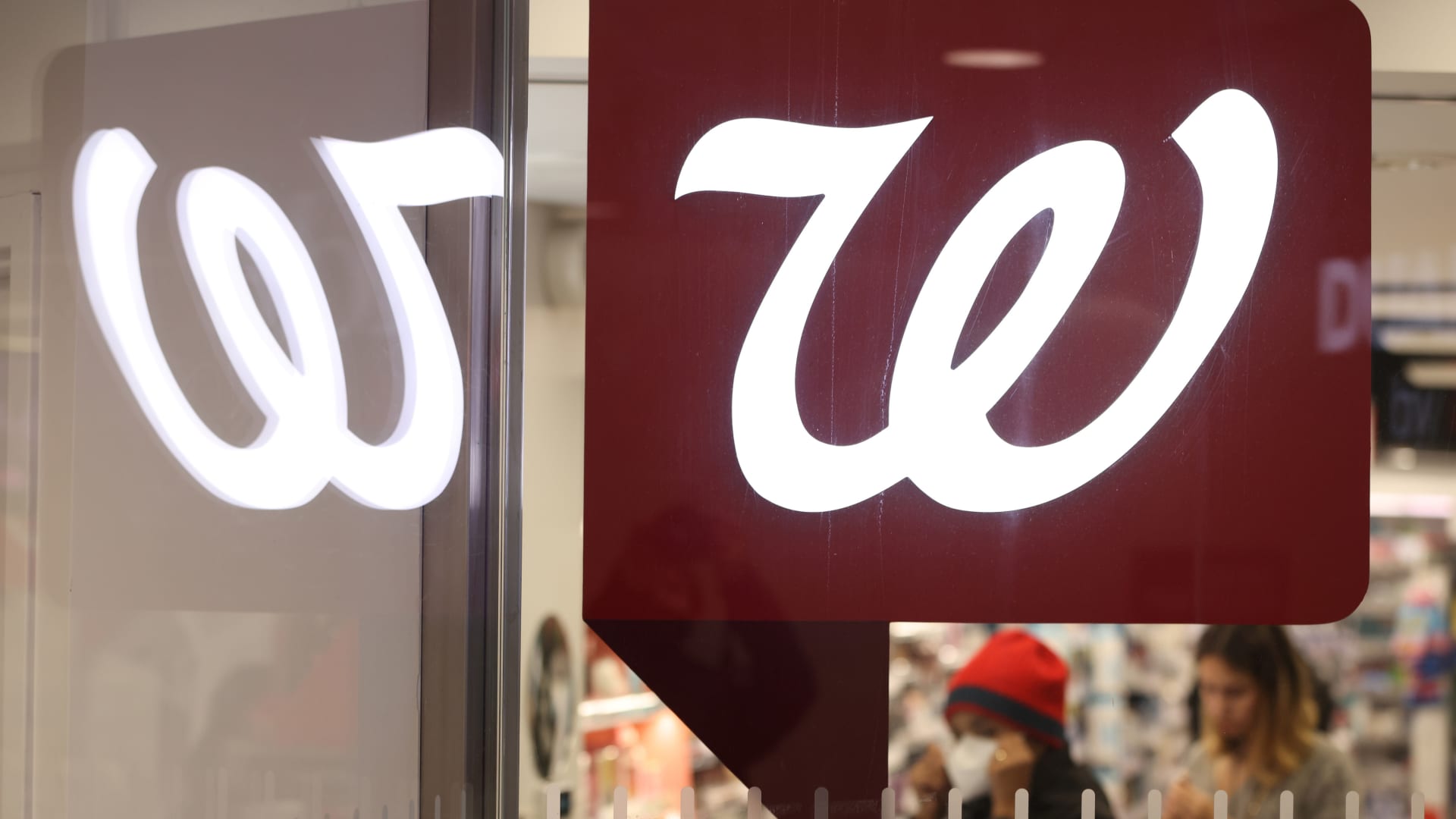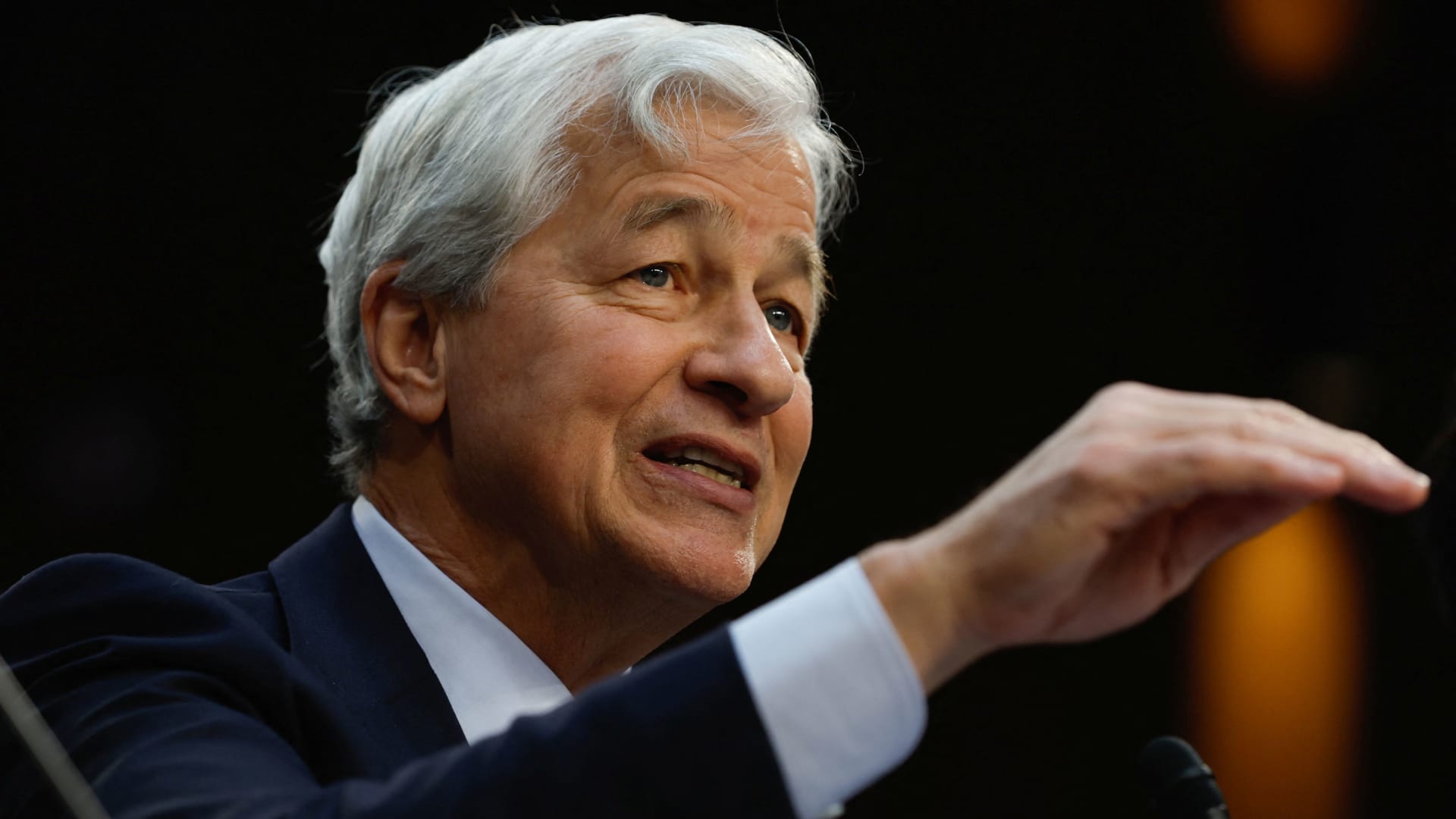Published
9 seconds ago
on
June 27, 2024 Article/Editing: Graphics/Design:
See this visualization first on the Voronoi app.
Mapped: The Wealthiest Cities, by Millionaires and Billionaires
This was originally posted on our Voronoi app. Download the app for free on iOS or Android and discover incredible data-driven charts from a variety of trusted sources.
Where are the top destinations for millionaires and billionaires worldwide?
Today, the richest cities in the world are finance and tech hubs, drawing affluent residents to thriving metropolitans. Given the flow of wealth and high demand for prime property, it’s no surprise that these cities have some of the most exclusive residential markets globally.
The above graphic shows the world’s wealthiest cities by the number of millionaires and billionaires, based on data from Henley & Partners annual World’s Wealthiest Cities Report.
Cities with the Most Millionaires and Billionaires
Below, we order the richest cities globally, based on their millionaire population in 2023 (net worth of $1 million USD or more) along with each city’s billionaire population (net worth of $1 billion USD or more):
Rank
(by Millionaires)City/AreaCountryMillionairesBillionaires 1New York City🇺🇸 U.S.340,00058 2Tokyo🇯🇵 Japan290,30014 3The Bay Area🇺🇸 U.S.285,00063 4London🇬🇧 UK258,00036 5Singapore🇸🇬 Singapore240,10027 6Los Angeles🇺🇸 U.S.205,40042 7Hong Kong🇭🇰 Hong Kong SAR129,50032 8Beijing🇨🇳 China128,20043 9Shanghai🇨🇳 China127,20040 10Sydney🇦🇺 Australia126,90015 11Chicago🇺🇸 U.S.124,00024 12Toronto🇨🇦 Canada105,20018 13Frankfurt🇩🇪 Germany102,20016 14Zurich🇨🇭 Switzerland99,30012 15Houston🇺🇸 U.S.98,50020 16Seoul🇰🇷 South Korea97,00024 17Melbourne🇦🇺 Australia96,00010 18Paris🇫🇷 France93,00016 19Geneva🇨🇭 Switzerland85,80015 20Dubai🇦🇪 UAE68,40015
With 340,000 millionaires and 58 billionaires, New York City stands as the world’s wealthiest metropolitan area.
Between 2012 and 2022, the number of high net worth individuals living in the Big Apple increased by 40%, even as the pandemic drove an exodus of wealthy people from the city. Overall, the wealth of New York City’s residents is roughly $3 trillion, more than the GDP of Canada.
Falling in second is Tokyo, boasting a millionaire population of 290,300 residents. Roughly a fifth of the country’s millionaires live in the city.
With one of the fastest growing millionaire populations across this list, The Bay Area ranks in third. Driven by



